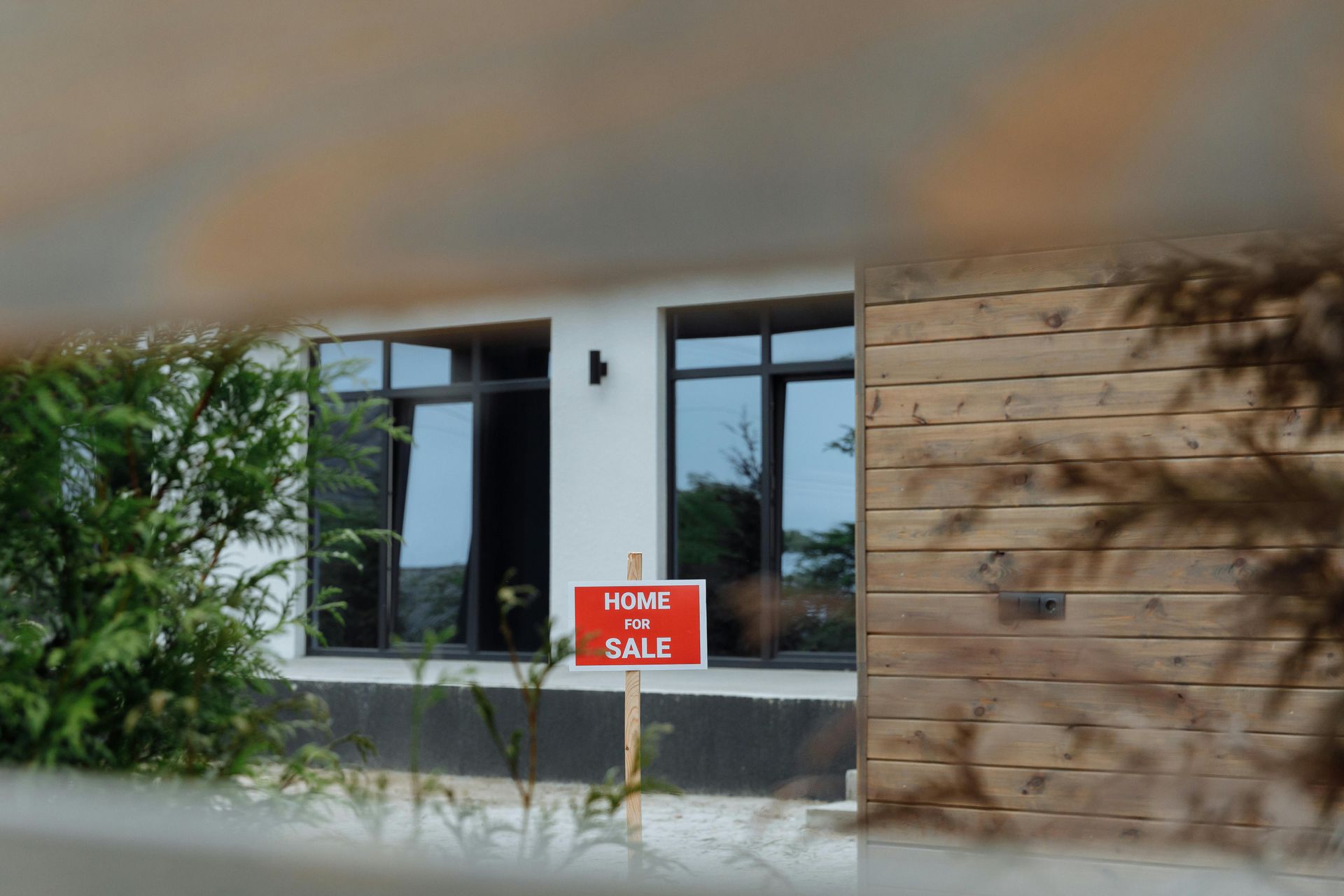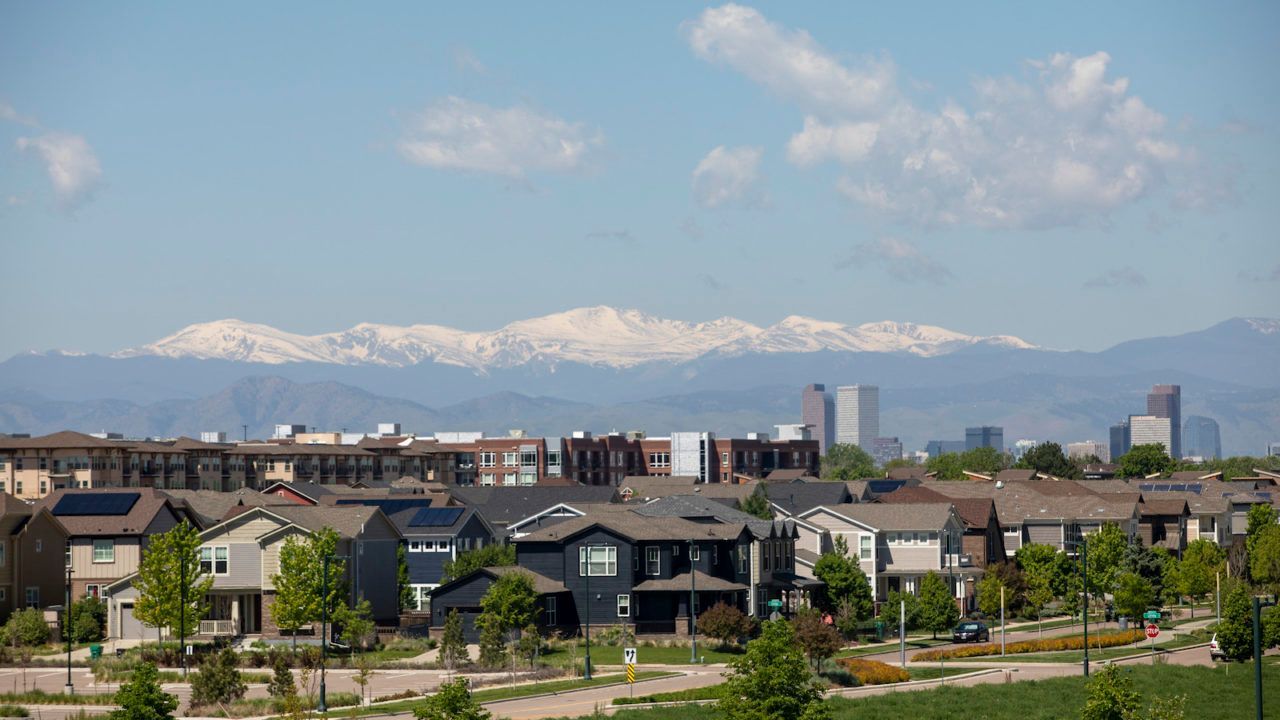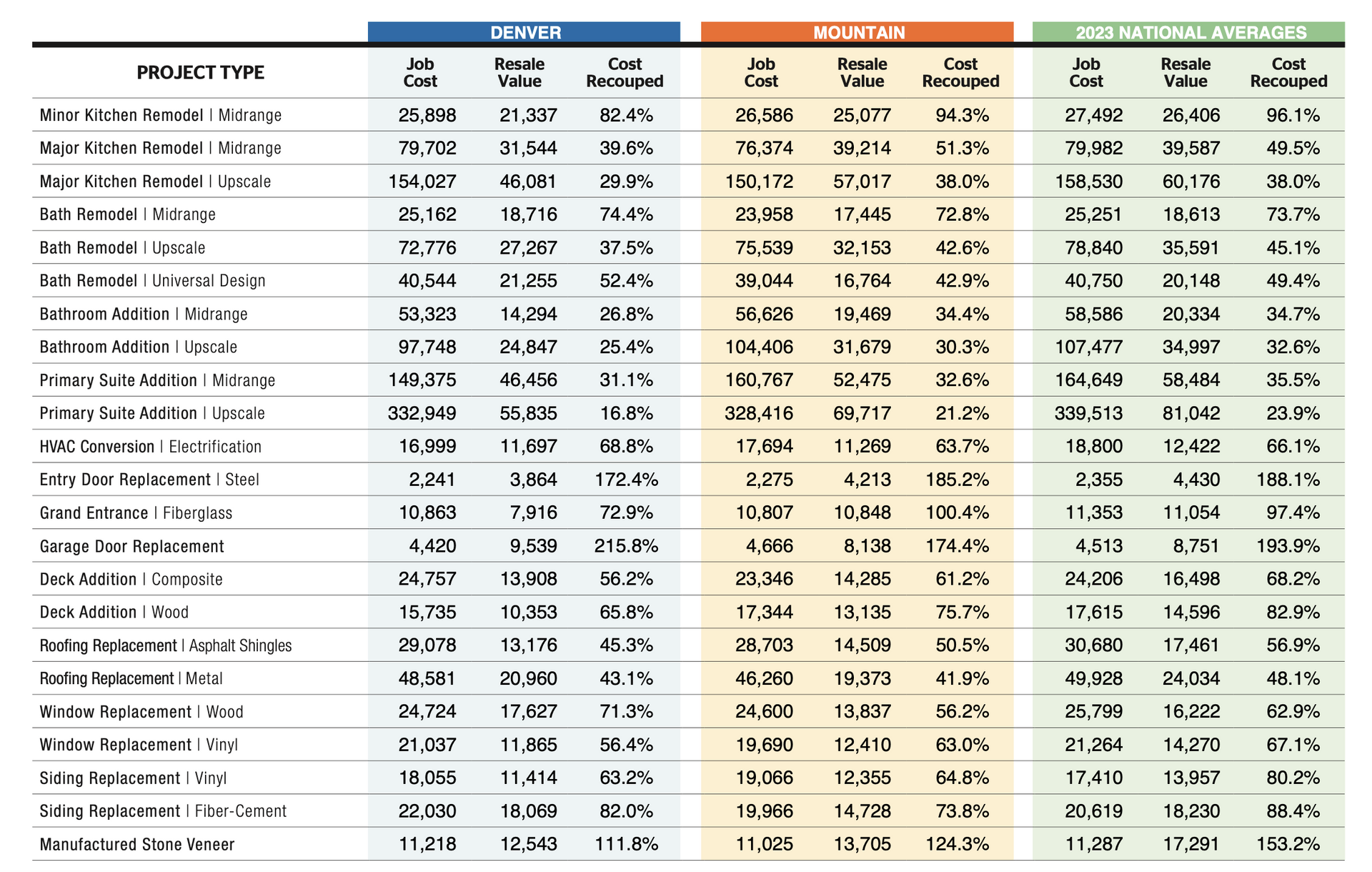What You Need To Know About Taxes When Selling A Home
Thinking of listing your home this year?

The tax rules for a home sale are pretty clear-cut, yet I continue to speak with people who are confused about what they will owe if they were to sell their primary residence.
This confusion may be due to so few people owing taxes when they sell their primary residence. Another reason for the confusion may be how rarely people buy and sell a home. Here is what you need to know about taxes when selling a home:
How Can You Make Your Home Sale Tax-Free?
As you may or may not know, selling real estate is a taxable event. However, in the past, only some primary residence sales were subject to taxation. Thanks to former President Bill Clinton and the 1997 Taxpayer Relief Act, homeowners can exclude the first $250,000 ($500,000 for married filing jointly) of gains from the sale of a primary residence. That's assuming they meet certain requirements. Pretty good deal, right?
With the median home price in the U.S. well below the $500,000 price point, a vast majority of sales will not have any capital gains taxes due when sold. Of course, more homeowners will see gains above the $500,000 mark in more expensive parts of the country. From there, they will only owe taxes on gains above the $250,000/$500,000 profit levels. This tax break could potentially save a married couple between $75,000 and $111,000 in federal taxes and more if you include taxes at the state level.
I also want to point out that losses are not deductible on primary residences. If you sell a home for less than the purchase price, you are just out of luck. Also, know that you don’t have to roll over the proceeds into a new property to get the tax exclusion. For whatever reason, that question still comes up quite often.
Who Qualifies For A Real Estate Primary Home Tax Break?
There is only one relatively easy hurdle to get over to benefit from this valuable real estate tax break. You need to live in the home as your primary residence for a total of two of the last five years. You potentially can claim this exemption every two years, thereby possibly sheltering millions of dollars in capital gains over your lifetime.
The Two-Out-Of-Five-Year Real Estate Rule: What Homeowners Need To Know
If you find yourself trying to sell your home before living in it for two years, you might qualify for a prorated tax exclusion. The early home sale should result from employment issues, illness or another unforeseen circumstance out of your direct control, which potentially would make you eligible for a partial tax exclusion.
For many homeowners, even a partial exclusion could be enough to not owe taxes on the sale of a primary residence. Let’s say you are single, lived in your home for one year and had a $125,000 increase in value after paying closing costs and real estate fees. You could assume a prorated exclusion of half of the $250,000 available to single homeowners. Voila! No capital gains are due. These numbers could be doubled for a married couple.
The Real Cost Basis Of Your Home
Most of us can remember what we paid for our home. You might falsely assume that this is your home's cost basis. You might also falsely assume your capital gains taxes will be based on the selling price minus your purchase price. The reality is a bit more complex. Capital gains taxes on real estate will be based on the home's sale price (minus real estate fees and closing costs) minus the cost basis of the house.
The purchase price will play a part in determining the property tax basis. You may be able to increase the cost basis when considering certain expenses that you’ve incurred while owning the home. Think of things like a new roof, adding more square footage or ADUs, or remodeling.
Work with your tax preparer and tax-focused CFP to ensure you understand how these rules apply to you before selling a home. Even if you aren’t planning on selling anytime soon, keep track of expenses that can increase your cost basis on your primary residence. As you can imagine, it’s easier than you think to miss expenses from last year or even decades ago. That might be especially true if you were trying to block out how much that kitchen remodel was over budget a few years ago.




We are committed to providing an accessible website. If you have difficulty accessing content, have difficulty viewing a file on the website, notice any accessibility problems, or should you require assistance in navigating our website, please contact us.
©Copyright - All Rights Reserved
Website Powered by National Association of REALTORS®









